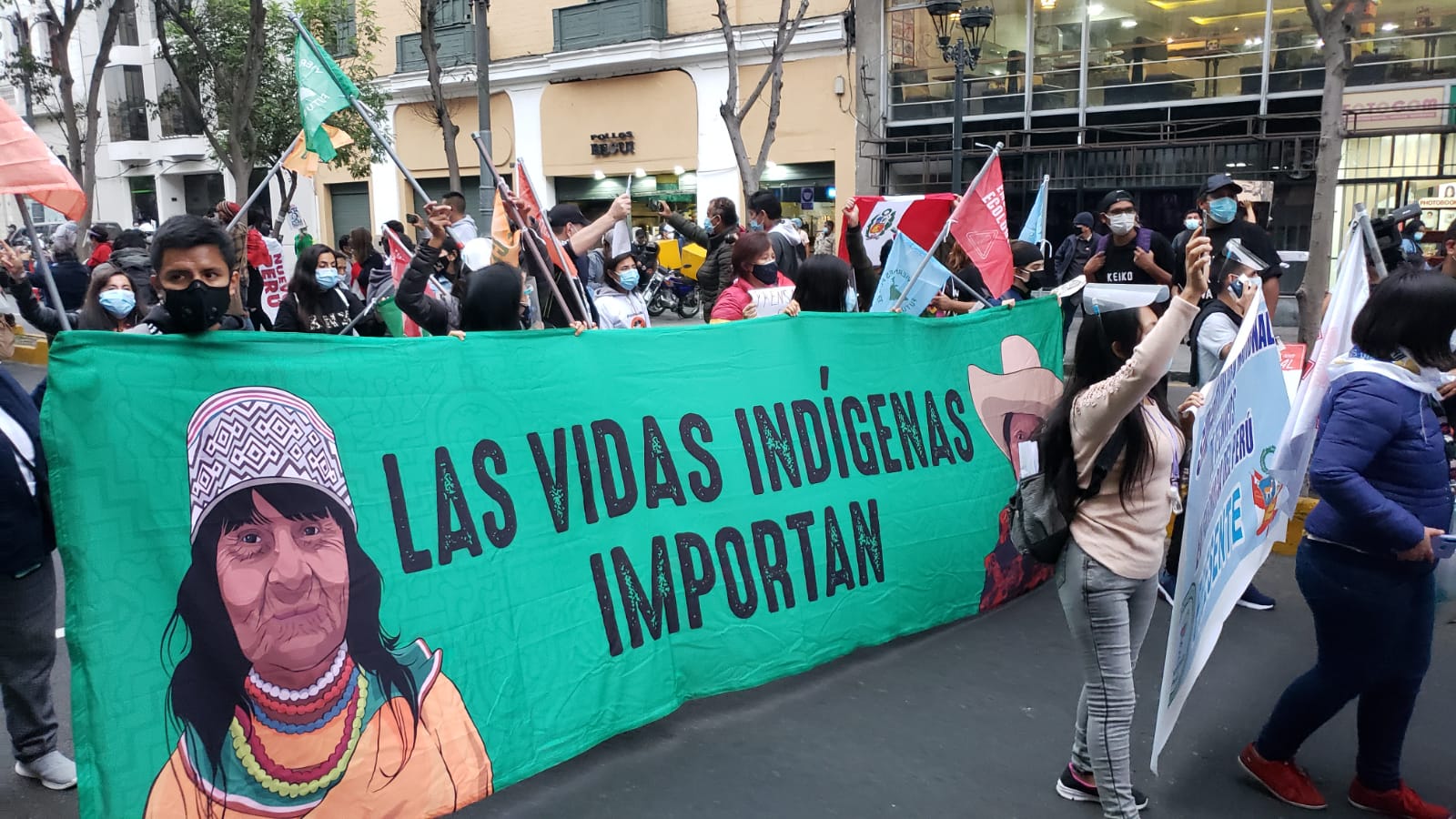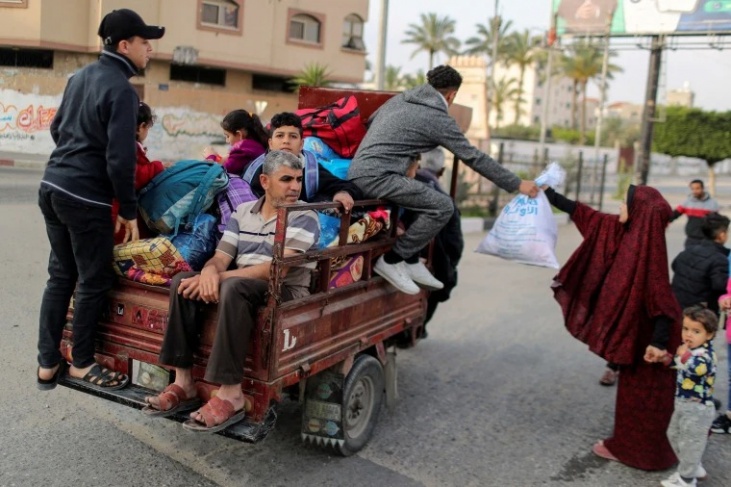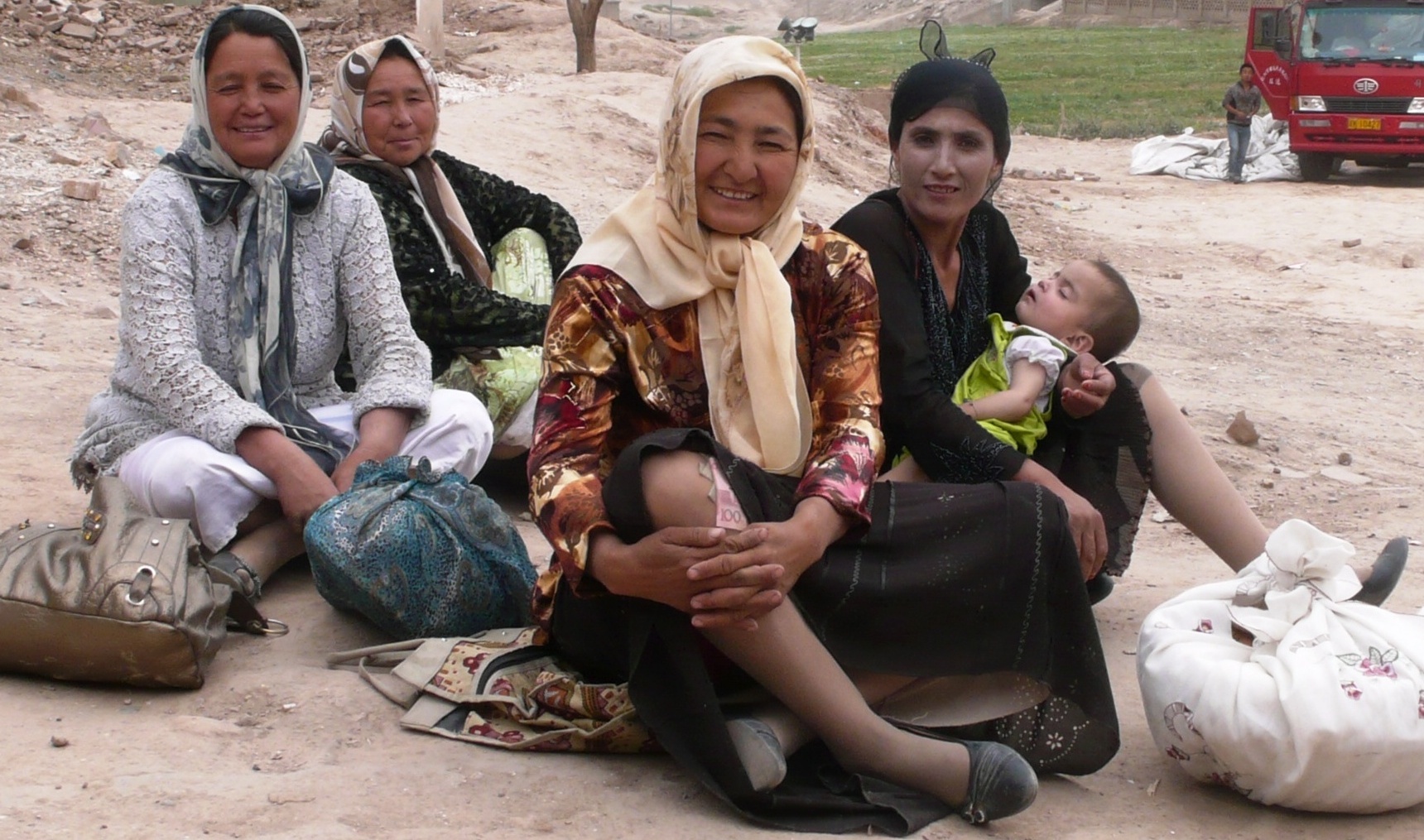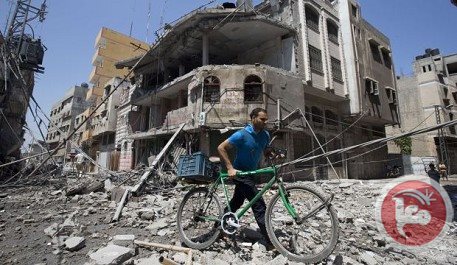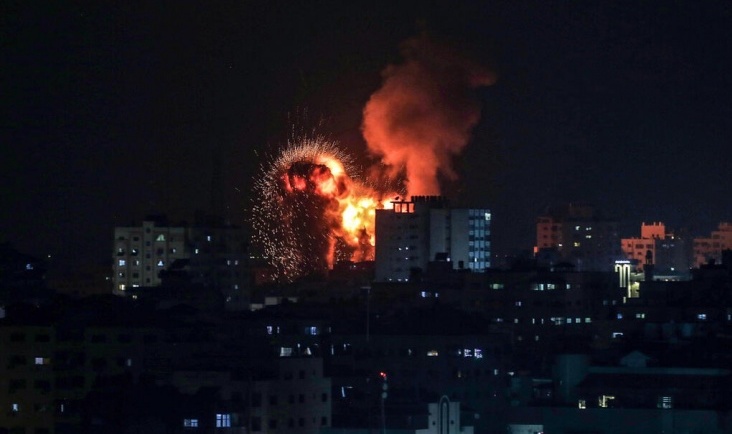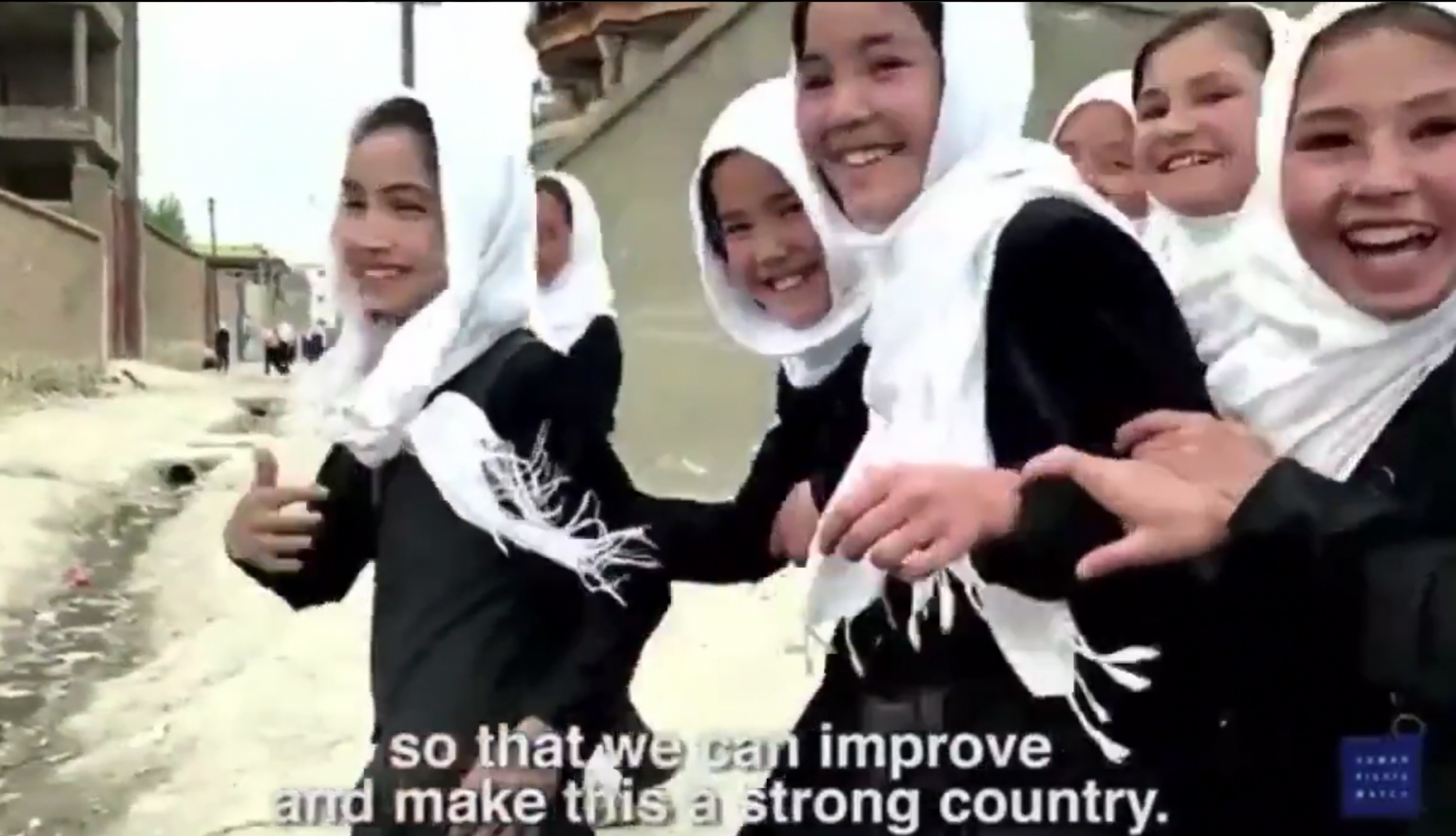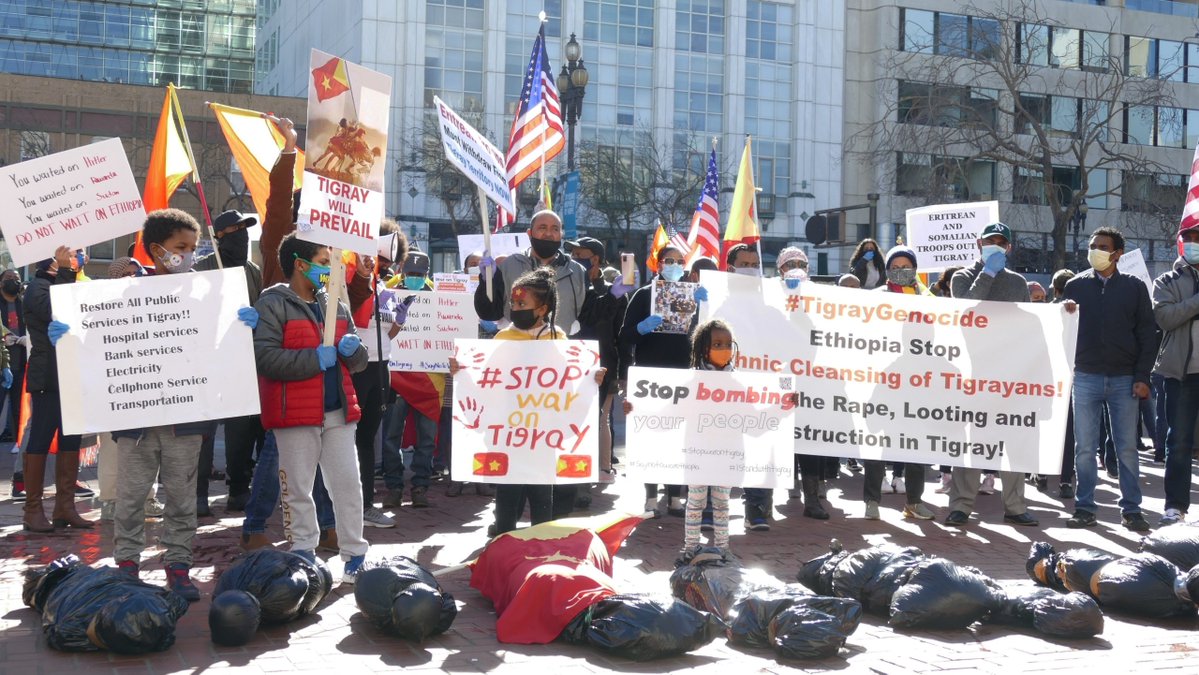
Roger Waters: just another brick in the wall
In Episode 74 of the CounterVortex podcast, Bill Weinberg rises to the odious duty of deflating an idol of his youth—former Pink Floyd frontman and creative genius Roger Waters. While he grandstands against the bombardment of Gaza, Waters spreads propaganda that seeks to deny and whitewash the equal and even greater crimes of Syria’s genocidal dictator Bashar Assad. Pink Floyd’s 1979 album The Wall satirized rock stars who flirted with fascism, but Waters has now perversely turned into just what he was satirizing back then. Listen on SoundCloud or via Patreon. (Image via Wikipedia)





